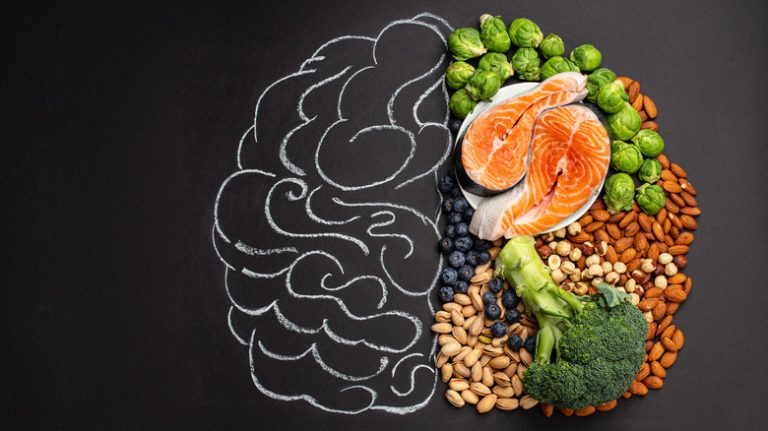Much like when people say “I have such bad OCD” or “Guys, I’m, like, having a panic attack,” you’ve certainly heard the acronym ADHD tossed around in casual conversation to describe personality quirks or emotional reactions to particular situations. The misuse of terms like these has become so ingrained in our lexicon that it seems some people forget that they are real disorders that can significantly impact those who have them.
The Centers for Disease Control and Prevention (CDC) describes attention deficit hyperactivity disorder (ADHD) as one of the most common neurodevelopmental disorders. It is characterized by inattention, hyperactivity, and impulsivity. The American Psychiatric Association (APA) estimates that 8.4% of children and 2.5% of adults have ADHD. However, the symptoms of ADHD vary from person to person. Let’s take a look at how ADHD can present in people of all ages and genders and what can be done to help with the symptoms.
ADHD in children and teens

Healthline reports that ADHD can be hard to pin down for a number of reasons including stigma, lack of information surrounding the topic, and limited access to healthcare. But one of the biggest struggles lies in the fact that the symptoms present so differently depending on age and gender.
A small child with ADHD might daydream a lot, easily losing focus when playing or doing schoolwork. They often are accused of squirming in their seats, fidgeting, and frequently getting up to run around. They might talk excessively, interrupt others, and have a hard time taking turns and getting along with their peers (per CDC).
Teenagers have similar symptoms, but new issues might emerge as a result of the responsibilities that come with getting older. This can present as trouble with organization and time management, struggling to finish tasks, frequently losing personal items, and increased frustration and emotional sensitivity that might affect relationships at home and at school (per Healthline).
ADHD in adults and females

While most people receive a diagnosis by adolescence, Healthline notes that some people enter adulthood without getting one. Adults with ADHD tend to experience difficulties passing classes or completing work, which can lead to issues with self-esteem. Substance misuse is common in adults with ADHD and they might find relationships with partners, family, and coworkers particularly challenging.
While ADHD is four times more likely to present in men and boys, women and girls can also have it. However, a 2024 study published in BMC Psychiatry found females are likely to have more subtle symptoms which can include a mix of inattentive behaviors and hyperactivity. They also found that women and girls with ADHD tend to have more difficulty with regulating emotions, have a higher likelihood of social problems, struggle more with academics and self-esteem, and have an increased risk of sexually transmitted infections and pregnancy. Hormonal changes due to menstruation and pregnancy can also worsen ADHD symptoms.
Causes and treatment

Alex and Maria photo/Shutterstock
Scientists have been hard at work looking for causes of ADHD, and while there aren’t any definitive answers yet, the CDC reports that genetics could be a factor. Other causes that are gaining some traction include brain injury, premature birth, environmental factors like lead exposure, and the mother smoking or drinking alcohol during pregnancy.
The APA reports that as there is no lab test to confirm ADHD, the diagnosis comes from gathering information from parents and teachers, and a medical evaluation that includes hearing and vision screening to rule out other possible medical problems. Once a diagnosis is obtained, ADHD can be treated via medication and behavioral therapy. Stimulants like methylphenidate and amphetamines have been deemed safe and have been proven to be successful in easing the symptoms of ADHD, but there are alternatives for those who do not respond well to stimulants or prefer to avoid them.



